Probe Exposes Deep Negligence in Civil Service Bill Tampering
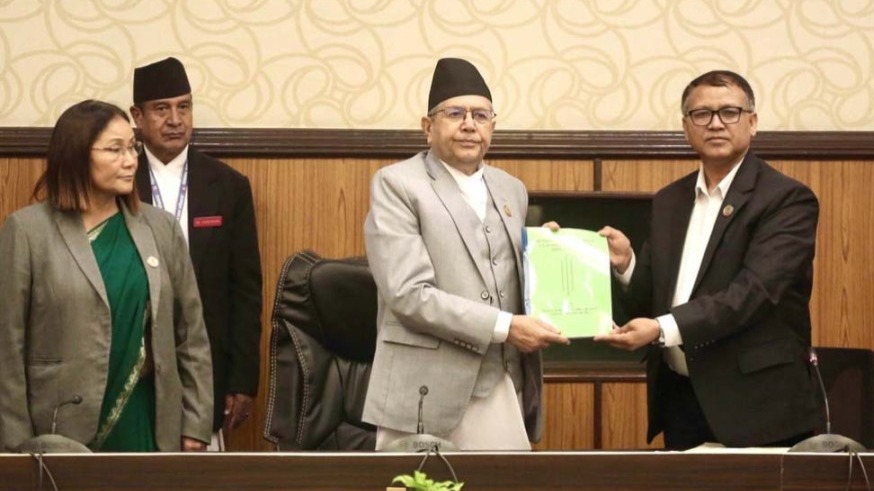
A parliamentary special committee has uncovered serious lapses and systemic failures behind the manipulation of the “cooling-off period” provision in Clause 82 of the Federal Civil Service Bill, 2024. The investigation found that the controversial clause—meant to bar recently retired or resigned civil servants from immediate political appointments—was mishandled due to a lack of due legislative diligence, internal coordination, and procedural oversight.
The report holds State Affairs and Good Governance Committee Chair Ramhari Khatiwada and Secretary Suraj Kumar Dura morally responsible for the blunder, citing their failure to ensure legislative consistency and proper documentation. It also indicts the entire committee for collectively failing to uphold the legislative process.
The panel listed four key reasons for the error:
No clause-by-clause review of Clause 82
Lack of coherence between Sub-clauses (4) and (5)
Failure to use a “keeling schedule”, a standard reconciliation tool
Negligence by senior bureaucrats and ministry officials
The bill, passed on June 30, retained a contradictory sub-clause that undermined the newly added cooling-off provision. This raised serious concerns about possible tampering and prompted the formation of the special committee, led by Nepali Congress lawmaker Jeevan Pariyar.
Officials from the Ministry of Federal Affairs, Ministry of Law, and Parliament Secretariat were also found to have failed in their duties. Notably, Chief Secretary Ek Narayan Aryal and Parliament Secretary Padma Pandey were criticized for exerting undue influence and compromising the approved draft.
Internal tensions between ruling and opposition parties also delayed the report by two days. Members from the Maoist Centre, Rastriya Swatantra Party, and Rastriya Prajatantra Party pushed hard to include the term “moral responsibility,” despite hesitation from major parties.
The UML party, expressing dissatisfaction with the bill, has since filed an amendment in the National Assembly.



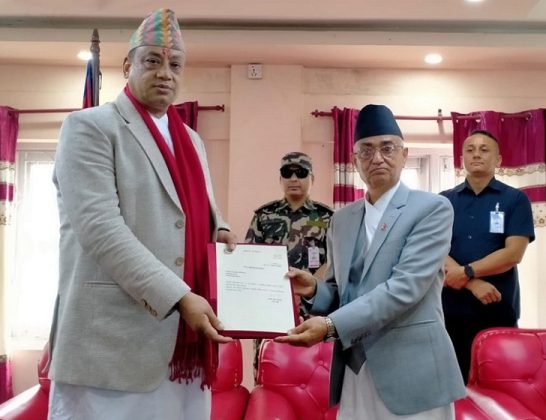
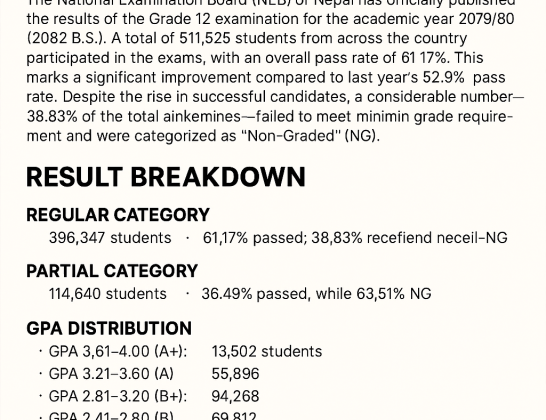


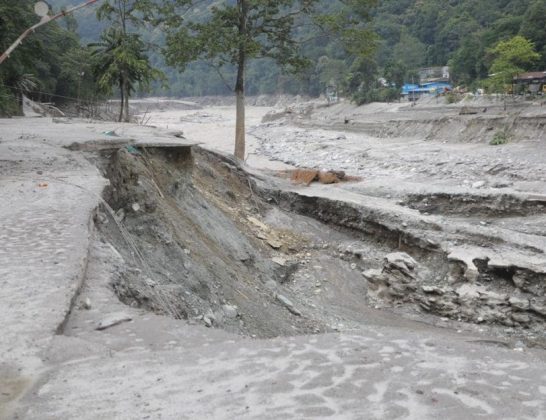
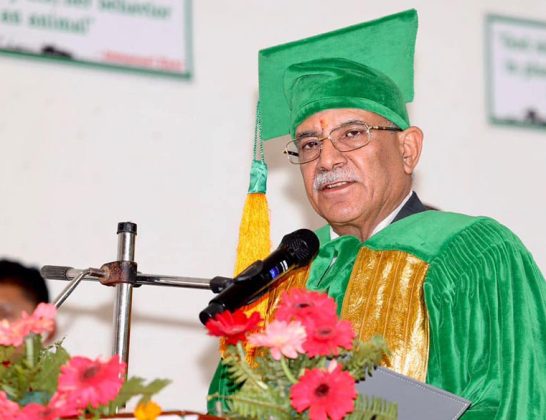
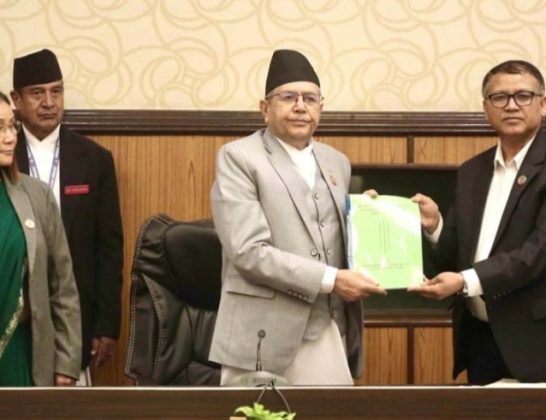

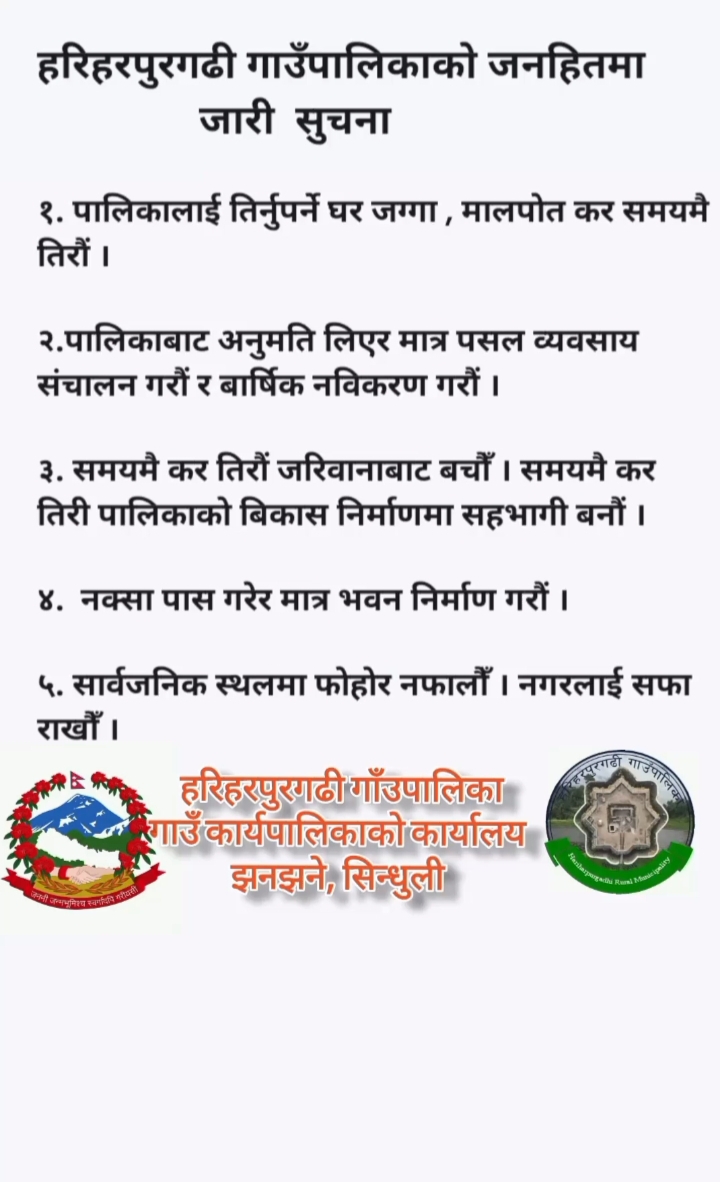
Comments